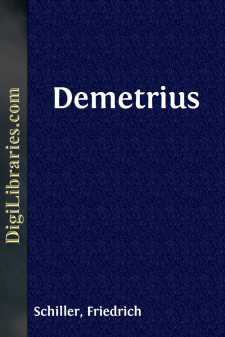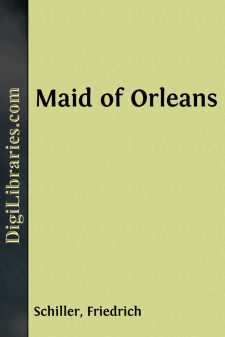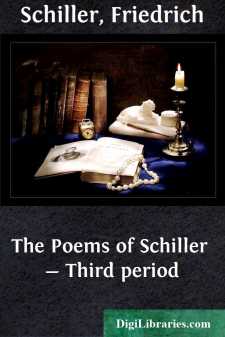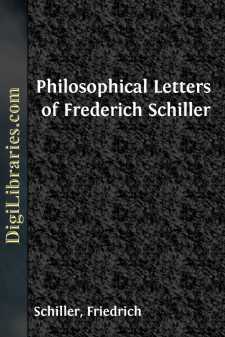Categories
- Antiques & Collectibles 13
- Architecture 36
- Art 48
- Bibles 22
- Biography & Autobiography 813
- Body, Mind & Spirit 142
- Business & Economics 28
- Children's Books 17
- Children's Fiction 14
- Computers 4
- Cooking 94
- Crafts & Hobbies 4
- Drama 346
- Education 46
- Family & Relationships 57
- Fiction 11829
- Games 19
- Gardening 17
- Health & Fitness 34
- History 1377
- House & Home 1
- Humor 147
- Juvenile Fiction 1873
- Juvenile Nonfiction 202
- Language Arts & Disciplines 88
- Law 16
- Literary Collections 686
- Literary Criticism 179
- Mathematics 13
- Medical 41
- Music 40
- Nature 179
- Non-Classifiable 1768
- Performing Arts 7
- Periodicals 1453
- Philosophy 64
- Photography 2
- Poetry 896
- Political Science 203
- Psychology 42
- Reference 154
- Religion 513
- Science 126
- Self-Help 84
- Social Science 81
- Sports & Recreation 34
- Study Aids 3
- Technology & Engineering 59
- Transportation 23
- Travel 463
- True Crime 29
Sort by:
THE INVINCIBLE ARMADA. She comes, she comes—the burden of the deeps!Beneath her wails the universal sea!With clanking chains and a new god, she sweeps,And with a thousand thunders, unto thee!The ocean-castles and the floating hosts—Ne'er on their like looked the wild water!—WellMay man the monster name "Invincible."O'er shuddering waves she gathers to thy coasts!The horror that...
more...
SCENE I. THE DIET AT CRACOW. On the rising of the curtain the Polish Diet is discovered, seatedin the great senate hall. On a raised platform, elevated by threesteps, and surmounted by a canopy, is the imperial throne, theescutcheons of Poland and Lithuania suspended on each side. The KINGseated upon the throne; on his right and left hand his ten royalofficers standing on the platform. Below the...
more...
POEMS OF THE FIRST PERIOD. HECTOR AND ANDROMACHE. [This and the following poem are, with some alterations, introducedin the Play of "The Robbers."] ANDROMACHE.Will Hector leave me for the fatal plain,Where, fierce with vengeance for Patroclus slain,Stalks Peleus' ruthless son?Who, when thou glid'st amid the dark abodes,To hurl the spear and to revere the gods,Shall teach thine orphan...
more...
BOOK I. FROM THE PAPERS OF COUNT O——— I am about to relate an adventure which to many will appear incredible, but of which I was in great part an eye-witness. The few who are acquainted with a certain political event will, if indeed these pages should happen to find them alive, receive a welcome solution thereof. And, even to the rest of my readers, it will be, perhaps, important as a...
more...
SCENE I. THIBAUT D'ARC. His Three Daughters. Three young Shepherds,their Suitors. THIBAUT.Ay, my good neighbors! we at least to-dayAre Frenchmen still, free citizens and lordsOf the old soil which our forefathers tilled.Who knows whom we to-morrow must obey?For England her triumphal banner wavesFrom every wall: the blooming fields of FranceAre trampled down beneath her chargers' hoofs;Paris...
more...
POEMS OF THE THIRD PERIOD. THE MEETING. I see her still—by her fair train surrounded,The fairest of them all, she took her place;Afar I stood, by her bright charms confounded,For, oh! they dazzled with their heavenly grace.With awe my soul was filled—with bliss unbounded,While gazing on her softly radiant face;But soon, as if up-borne on wings of fire,My fingers 'gan to sweep the sounding...
more...
SCENE I. MILLER—MRS. MILLER. MILLER (walking quickly up and down the room). Once for all! The affair is becoming serious. My daughter and the baron will soon be the town-talk—my house lose its character—the president will get wind of it, and—the short and long of the matter is, I'll show the younker the door. MRS MILLER. You did not entice him to your house—did not thrust your daughter...
more...
The reason passes, like the heart, through certain epochs and transitions, but its development is not so often portrayed. Men seem to have been satisfied with unfolding the passions in their extremes, their aberration, and their results, without considering how closely they are bound up with the intellectual constitution of the individual. Degeneracy in morals roots in a one-sided and wavering...
more...









